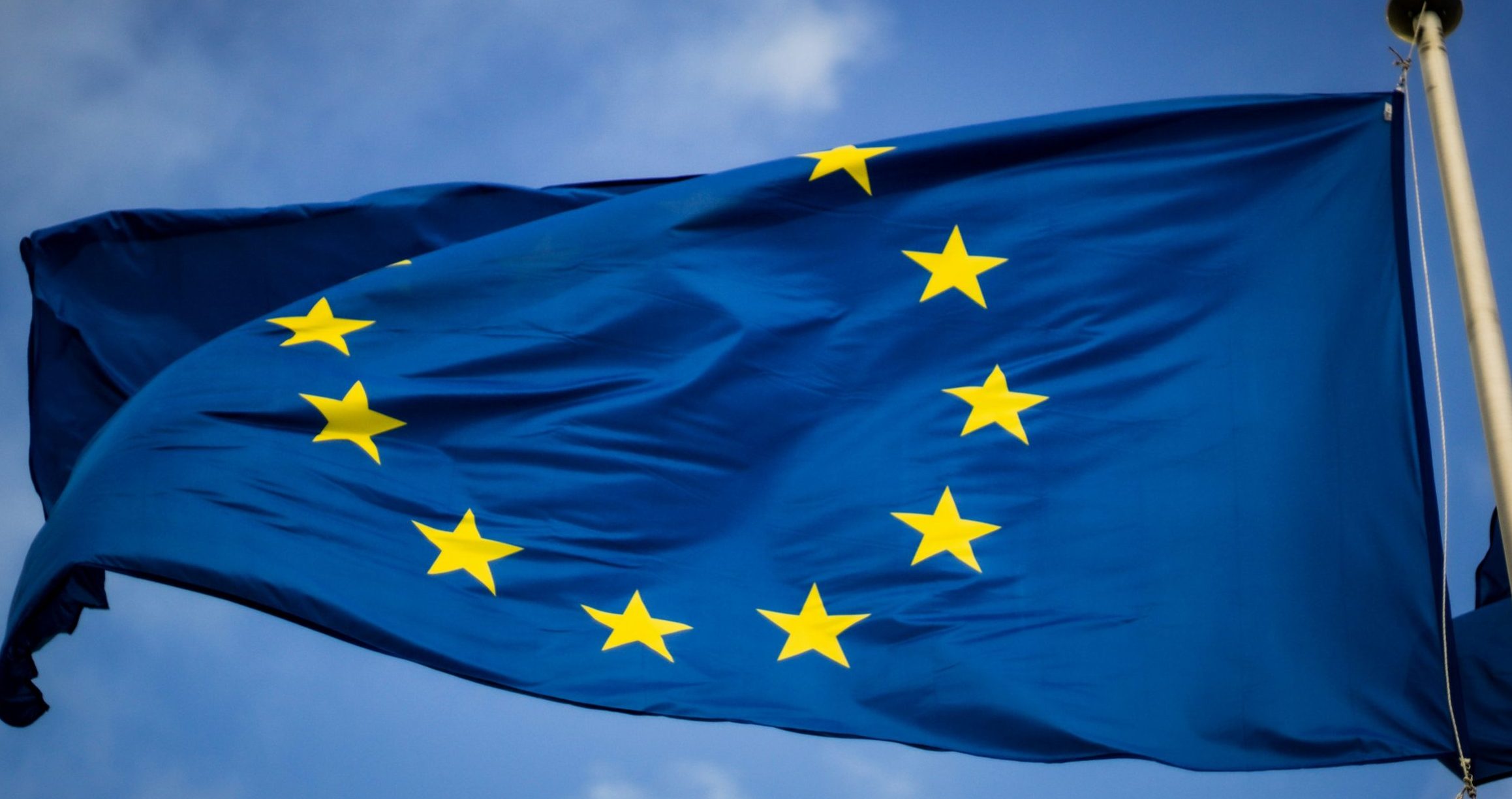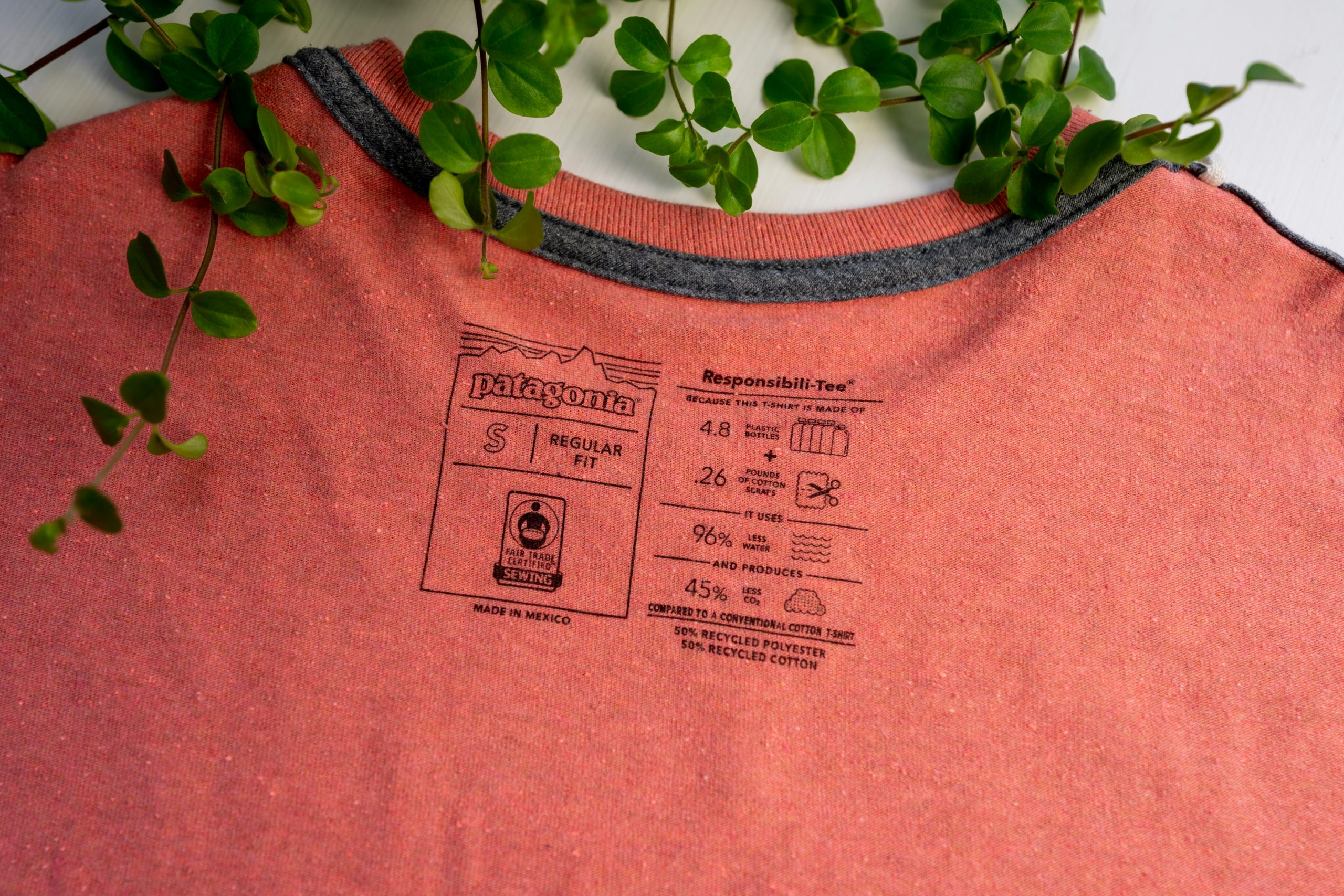In today’s globalized world, it’s easy to overlook where the products we buy come from. However, when it comes to making purchasing decisions, supporting European companies and choosing products made in the European Union (EU) is more important than ever. Not only does buying European-made products boost local economies, but it also helps ensure sustainable practices, high-quality standards, and plays a critical role in ensuring Europe’s competitiveness against global economic powers like the United States and China.
At origineu.quest, we believe in the power of supporting European manufacturers and artisans. Here’s why Europeans should make it a priority to buy products made in the EU and how it contributes to a stronger, more competitive Europe.
1. Support Local Economies and Jobs
One of the most direct benefits of buying products made in the EU is that it supports local economies and creates jobs. By purchasing from European businesses, consumers are helping to maintain and grow local industries, which in turn provide employment for thousands of people across the continent. Whether it’s in manufacturing, design, or distribution, every purchase made in the EU contributes to economic growth within the region.
Supporting EU-made products helps businesses maintain a competitive edge in global markets while ensuring that workers have good wages and job security. For Europeans, this means supporting livelihoods in their own communities while reducing unemployment and economic disparities across the continent.
2. Commitment to High-Quality Standards
European products are renowned for their high quality, reliability, and craftsmanship. EU regulations ensure that products meet stringent safety, environmental, and ethical standards. This is especially important when considering the potential risks of lower-quality goods from regions with less oversight, such as some parts of Asia.
When you buy a product made in the EU, you can trust that it has been produced according to the highest standards, whether it’s in terms of sustainability, product safety, or ethical labor practices. European brands take pride in their commitment to quality and durability, which is why their products often outlast cheaper, mass-produced alternatives.
3. Sustainability and Environmental Responsibility
Europe has long been a leader in promoting sustainability, and European manufacturers are at the forefront of adopting environmentally friendly production methods. By supporting products made in the EU, you’re encouraging eco-friendly business practices and helping to reduce the carbon footprint associated with global shipping.
In contrast to products from regions like China or the US, which may have less stringent environmental regulations, EU-made goods are often produced with a focus on renewable resources, low energy consumption, and waste reduction. Choosing European-made products means making a more sustainable choice for the planet and future generations.
4. Competing Against the US and China
Europe is facing increasing competition from global economic giants like the United States and China, whose markets dominate the global economy. Both countries have a significant advantage in terms of manufacturing scale and cheap labor, which often leads to lower costs for consumers. However, this also comes with hidden costs, such as poor working conditions, environmental degradation, and lack of consumer protections.
To ensure Europe remains a competitive player in the global economy, it’s essential that Europeans support their own industries. By buying products made in the EU, consumers help maintain Europe’s economic independence, foster innovation, and ensure that European manufacturers can continue to compete with low-cost foreign alternatives.
Supporting European businesses also fosters competition within the EU itself. When businesses thrive locally, they become more competitive on the international stage, and this can lead to greater innovation and advancement in technology, production methods, and consumer service.
5. Boosting Innovation and Technology
Europe has long been a hub for innovation, and many of the world’s leading technological advancements and scientific discoveries have come from EU-based companies and research institutions. By supporting European manufacturers, consumers help stimulate further innovation in industries like automotive, aerospace, technology, and healthcare.
Buying European-made products also ensures that businesses reinvest in research and development, which in turn helps Europe maintain its position as a leader in high-tech industries. This competitive edge in innovation is crucial as the global economy increasingly shifts toward tech-driven markets.
6. Protecting European Culture and Heritage
European craftsmanship is unique and has been passed down through generations. Many small European businesses focus on traditional methods of production, offering goods that reflect the continent’s rich cultural heritage. By purchasing products made in the EU, consumers are helping to preserve European culture and artisanal traditions, which might otherwise be lost in the face of mass globalization.
Moreover, the EU’s commitment to protecting its cultural heritage through intellectual property rights means that European designs, logos, and trademarks are safeguarded, providing consumers with the reassurance that they are buying authentic, high-quality products.
Conclusion: Why Supporting European Products Matters
In a world dominated by global supply chains, choosing to buy products made in the EU is more than just a purchasing decision—it’s an investment in Europe’s future. From supporting local economies and job creation to promoting high standards of quality and sustainability, purchasing EU-made products contributes to a healthier, more competitive Europe.
At origineu.quest, we advocate for Europeans to make mindful choices that benefit the continent as a whole. By choosing European-made products, we can help Europe thrive, remain competitive against the US and China, and ensure a brighter, more sustainable future for generations to come.




